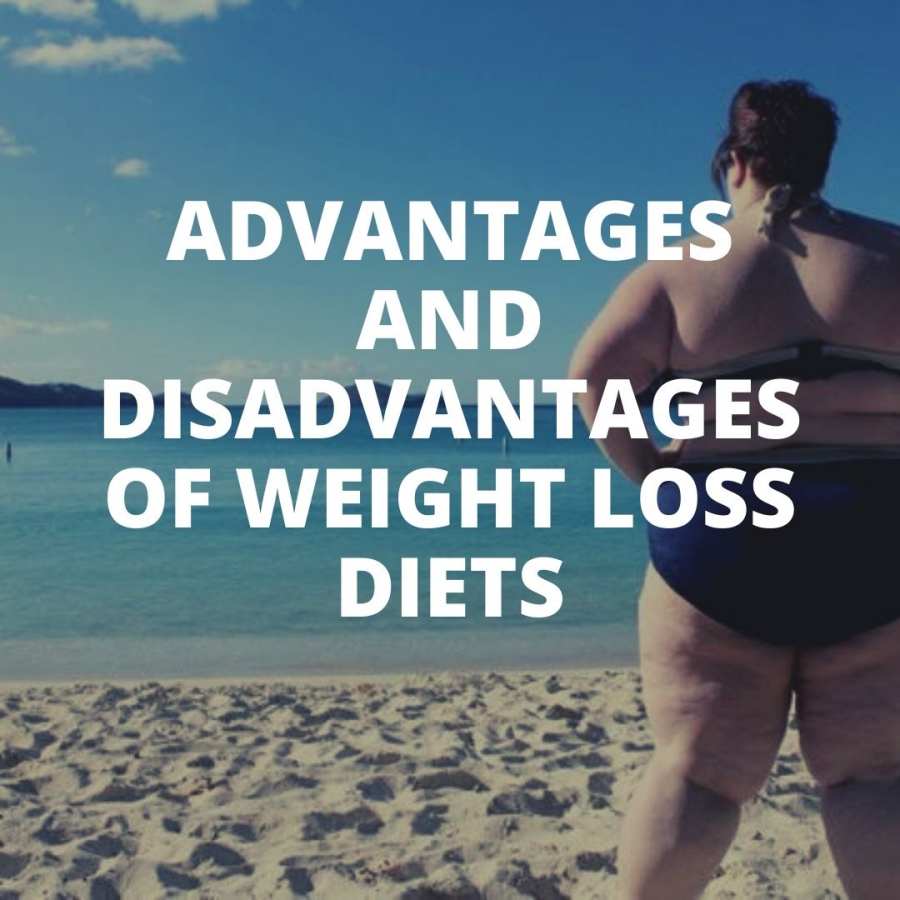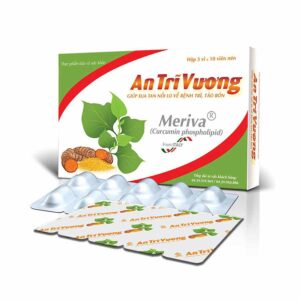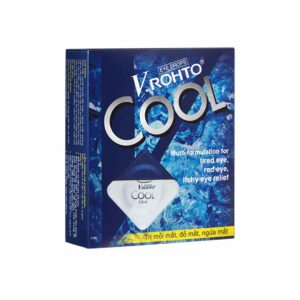Currently, there are many people who follow strict diets to keep the body healthy and reduce the risk of diseases. However, each diet will have different advantages and disadvantages. The following article will help you learn more about the pros and cons of weight loss diets. Let’s find out now!
1. Vegan diet

A vegan diet will help you completely eliminate animal products (eggs, milk, honey, meats, etc.). The vegan diet is considered one of the most effective weight loss diets available today. Because this diet is usually very low in fat and high in fiber, it makes you feel full for longer. Therefore, people who follow a vegan diet will often maintain a more stable weight and body mass index (BMI) than other diets.
Another advantage of a vegan diet is that it helps reduce the risk of heart disease, type 2 diabetes, slows down the aging process, reduces the risk of Alzheimer’s disease and prolongs the life of those suffering from cancer or heart disease.
However, the downside of this vegan diet is that it will cause the body to lack some micronutrients such as vitamin B12 (found in fish oil and eggs), vitamin D (found in milk), iodine, calcium, and zinc. and omega-3s by eliminating animal products from the diet. Some studies have shown that vegetarians have a 43% higher risk of fracture than meat eaters, most often in the elderly, especially women.
2. Diet cut carbs and sugar

A diet that cuts carbs and sugar (carbohydrates) is also a highly effective weight loss diet because it has completely eliminated the sources of excess fat. High-protein, low-carb diets are often based on limiting carbs and eating unlimited amounts of protein (meat, fish, eggs, beans, etc.). In a recent study, women who followed a high-protein, low-carbohydrate diet, consuming only about 1,000 calories and 100g of protein per day, could lose an average of 15 kg in 8-10 weeks. Several other studies have also shown the benefits of a high-protein, low-carb diet in weight loss, while boosting metabolism, reducing hunger hormones and increasing satiety hormones.
However, this diet will be very exhausted because it lacks the main energy sources provided by carbohydrates, causing a lack of fiber. In addition, in the early stages of this diet, weight will be lost quickly because the body is dehydrated. But if you eat carbs again, the weight will easily increase again.
3. Fat cutting diet
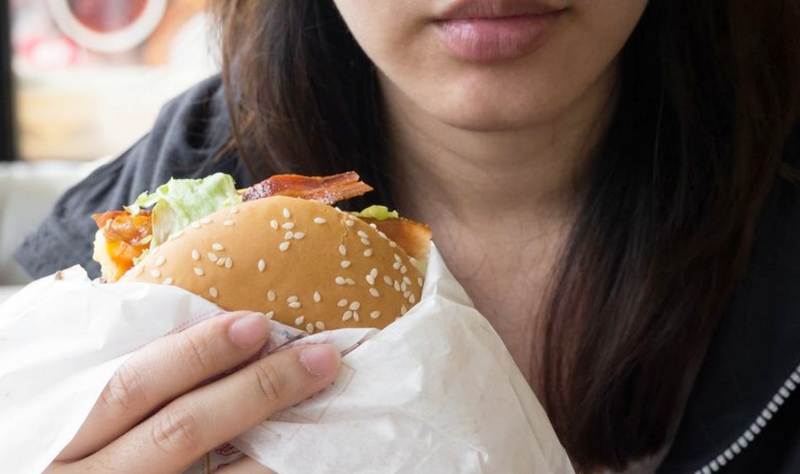
This low-fat diet will remove most or even all of the fat from the meal (butter, milk, cooking oil, etc.) and instead will eat more starches (rice, nuts) and sugar. This diet has the advantage of being easy to follow and the foods are easily found in supermarkets. Research has also shown that a low-fat diet will help reduce the risk of cardiovascular disease (including high blood pressure, high cholesterol), prevent inflammation, improve type 2 diabetes, slow down the progression of multiple sclerosis.
However, this diet is not really scientific because fat is one of the essential nutrients for the healthy development of the brain and body. Furthermore, cutting fat will also affect cell membrane building, hormone production, and the ability to absorb fat-soluble vitamins.
4. Intermittent fasting mode
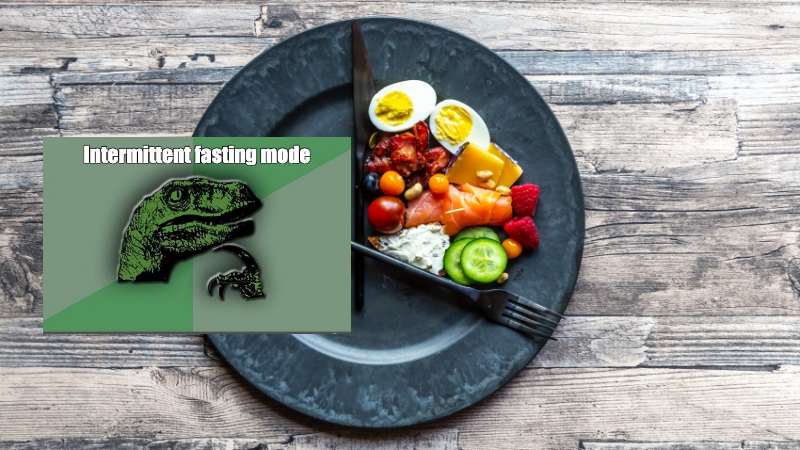
Intermittent fasting is a diet that puts the body in a fasting cycle and gets eaten. Instead of controlling what you eat, this weight loss diet will help you regulate when you eat.
– Fasting 1 meal/day: This is the 16/8 method, which means skipping 1 meal a day (usually breakfast or dinner) and limiting eating time to 8 hours and fasting for 16 hours rest. Usually dinner will end before 8pm and you will not eat anything except filtered water or milk, coffee, unsweetened tea between then and 12 noon the next day.
– Method of eating – fasting – eating: Each week you will choose 2 days of complete fasting. The fasting time will be from 8pm the night before to 8pm the next day.
It is best to fast in the evening because you will have 8 hours of sleep to overcome hunger quickly.
– Fasting all day: You will eat for 1 day and fast for 1 day, maintain until you reach your desired weight. The fasting time needs to be 24 hours, so you can choose the time to fast completely from 8pm the night before to 8pm the next day and can eat comfortably during the day you can eat, and then keep repeating.
– Eat less calories: 2 days a week, you only need to choose 2 days to only load 500-600 calories, equal to ¼ of the necessary calories a person needs each day. Just eat a few fresh fruits and vegetables during the day, then eat a big meal at night.
– Dinner only: This method will require the application to absolutely fast all day and eat only 1 meal at dinner.
The application of intermittent fasting will help reduce about 3 – 4% weight over a period of 3 – 24 weeks compared to other diets. At the same time, it also reduces muscle loss more than a calorie deficit and increases energy metabolism by 3.6 – 14% in the short term.
In addition, intermittent fasting also helps reduce inflammation, lower blood sugar, lower cholesterol, and stimulate growth hormone. Promotes the regeneration of damaged cells and increases the working capacity of the brain.
Also watch the video on the subject of the article:
Protein is key for healthy weight loss
Our best weight loss and health support products:
Also read:
9 Foods to Boost Your Immunity
What effect does eating celery do?
Unique beneficial properties of nettle
Vegan cosmetics – Eco friendly beauty trend

